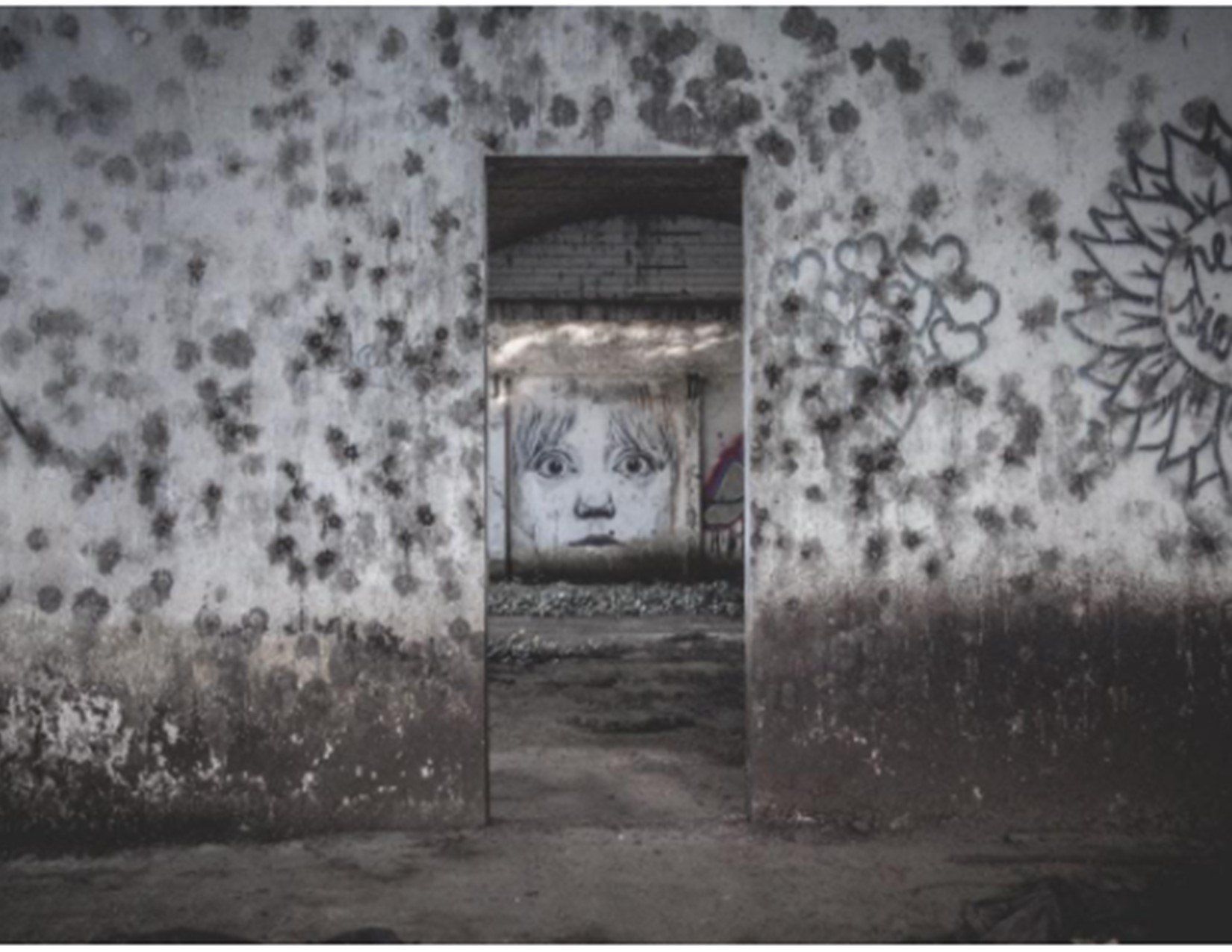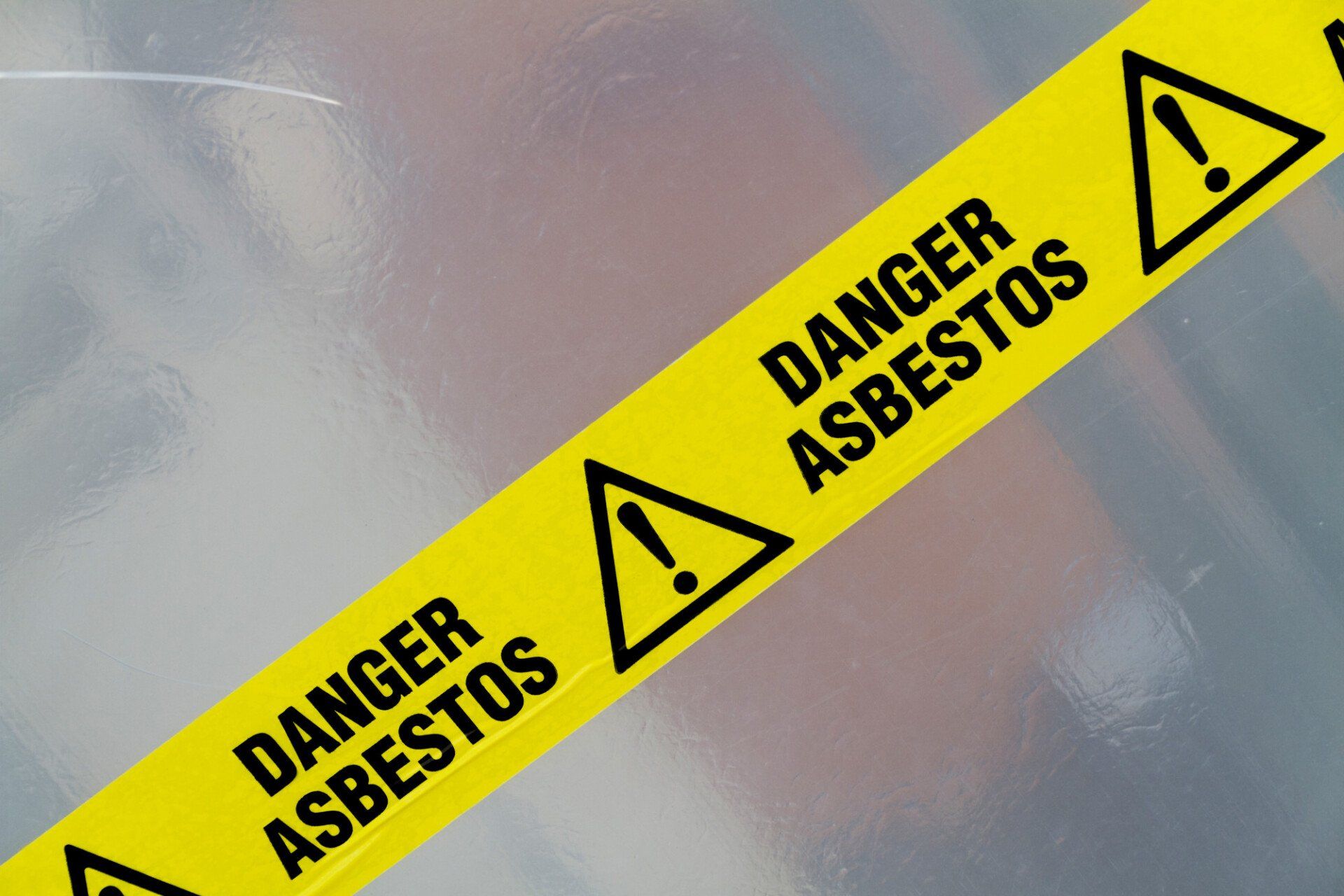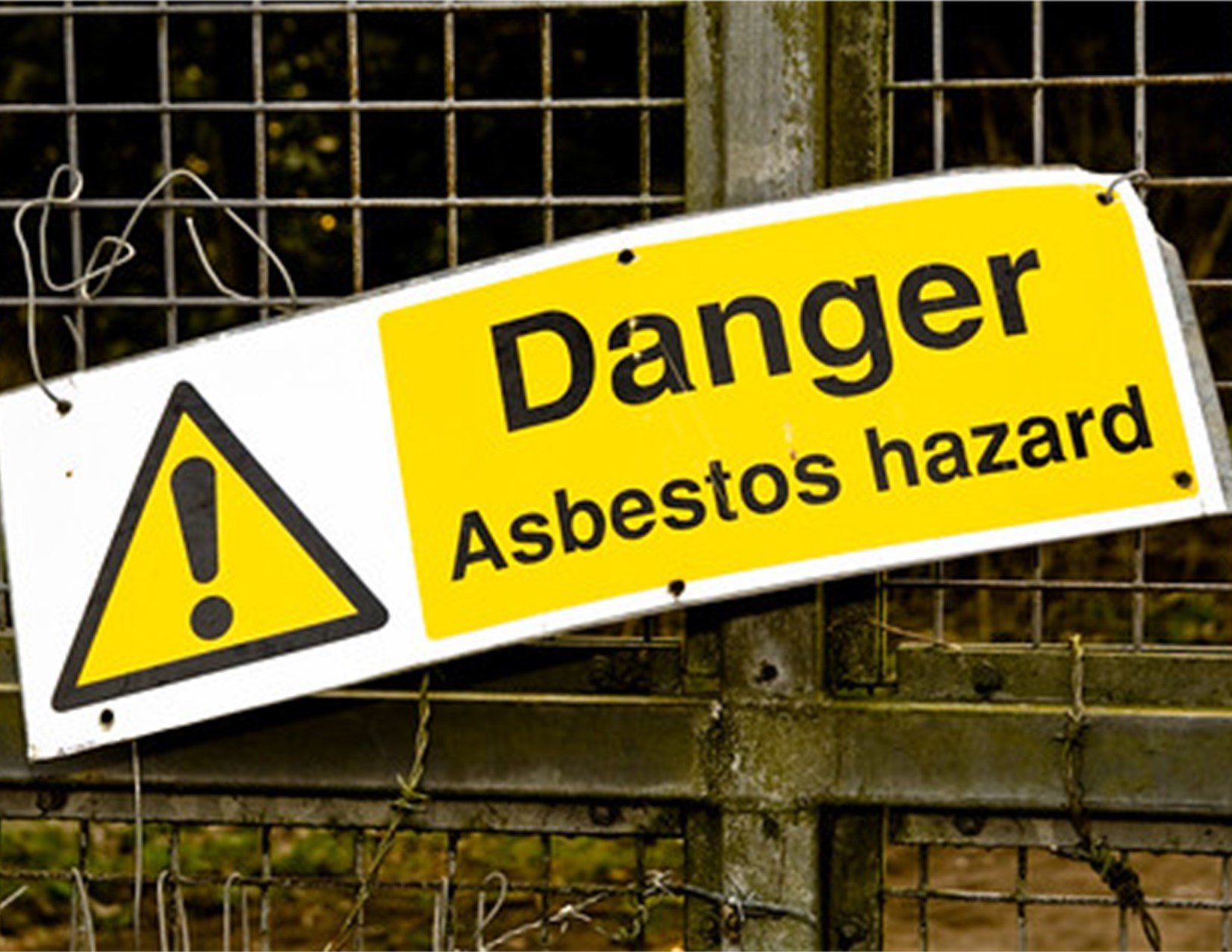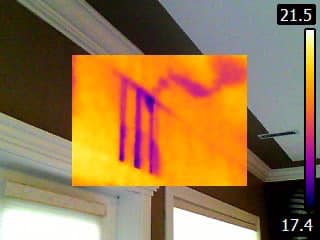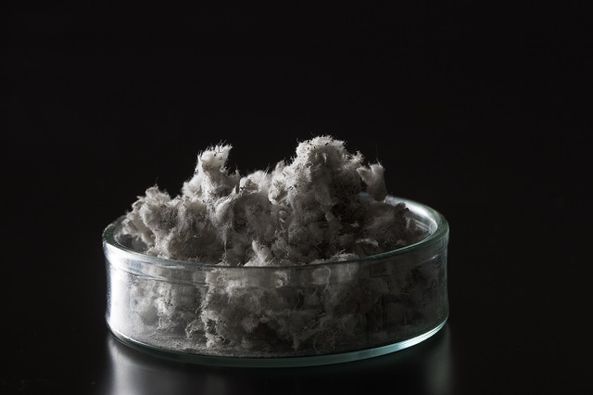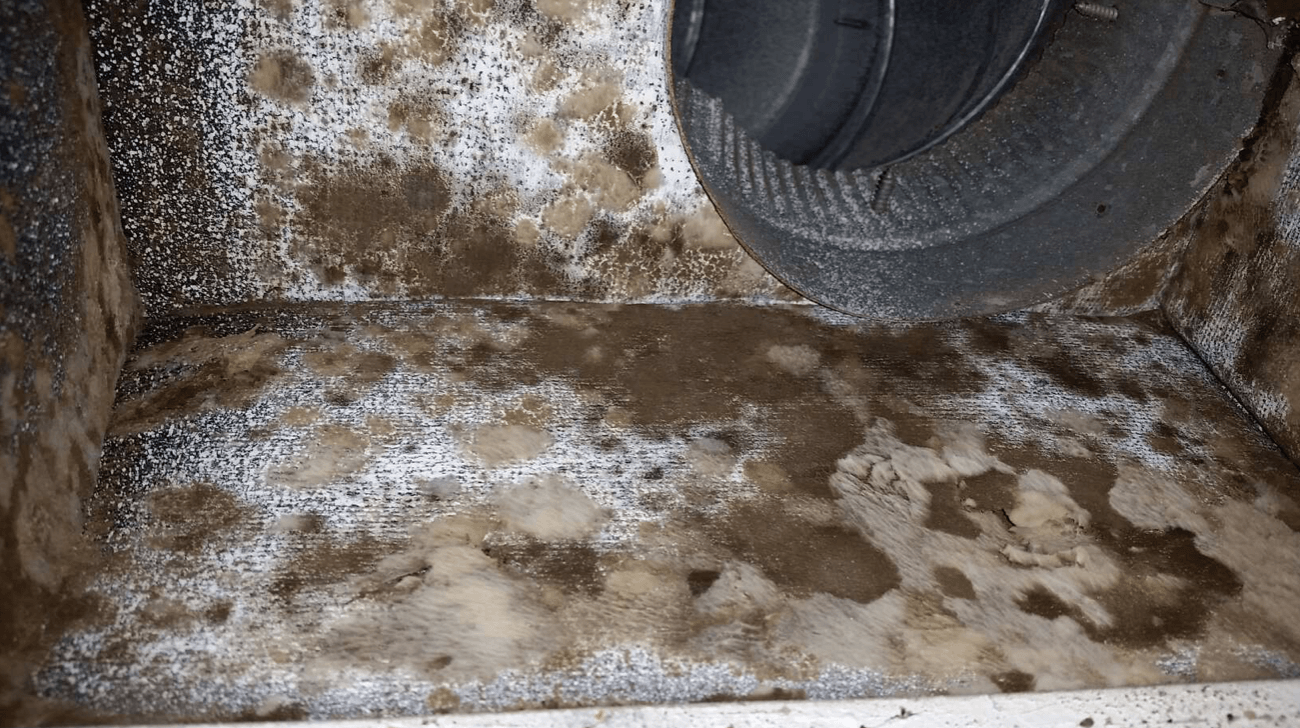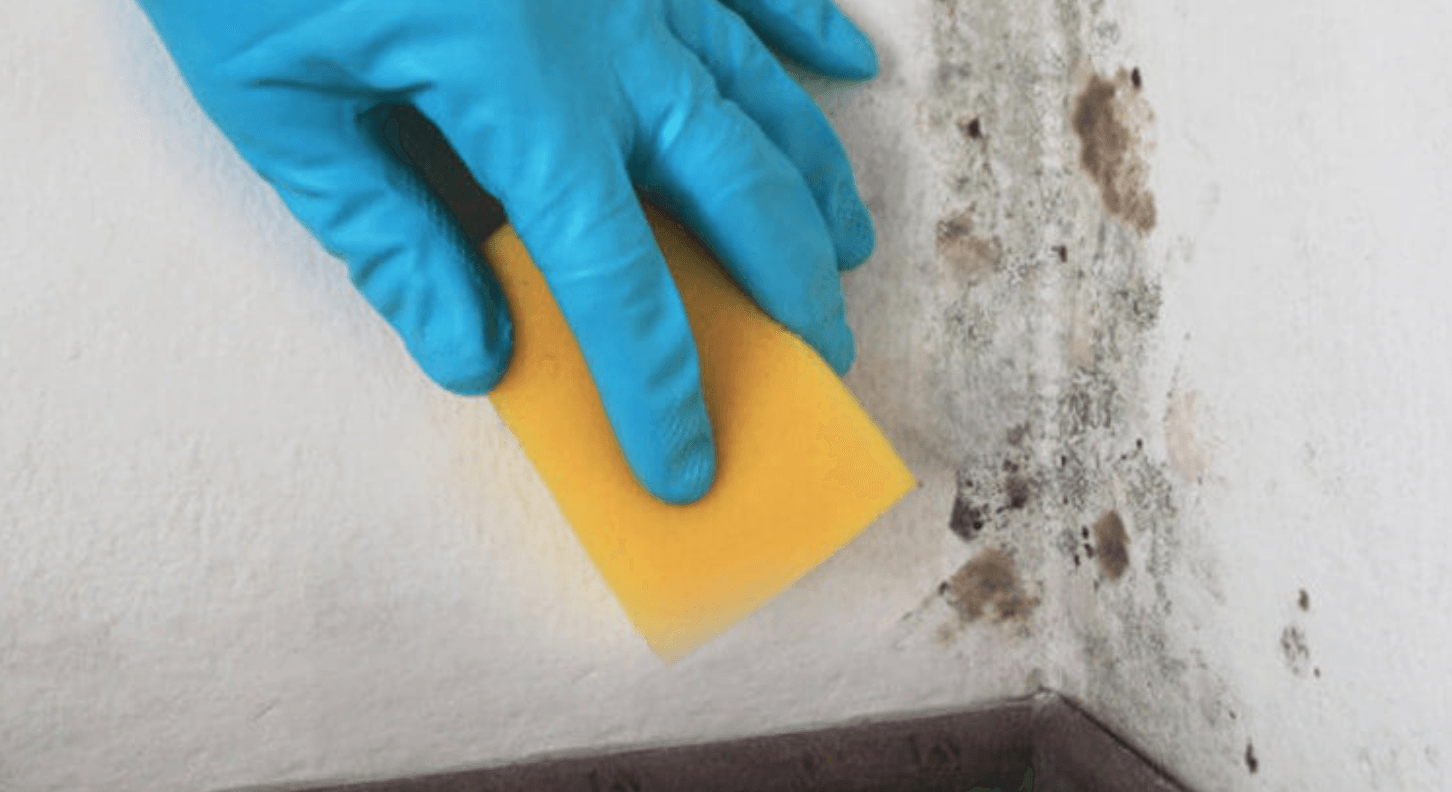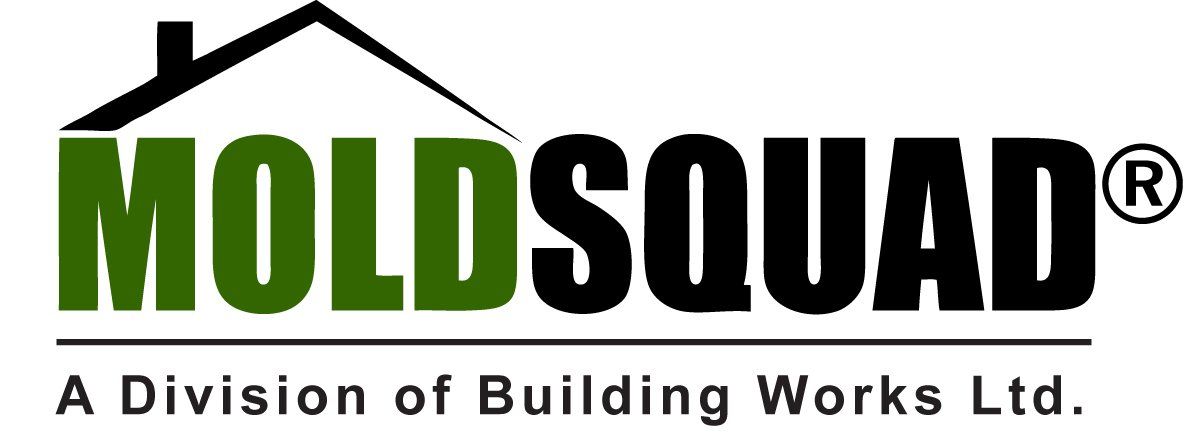How to Prepare for an Air Quality Test in Your Home
You may not give air quality much thought, but it’s directly linked to your overall health. The quality and cleanliness of the air in your home has a significant impact on your respiratory system, overall well-being, and even general stress levels. In an indoor environment that is tightly enclosed, hazardous pollutants can accumulate faster than in a more open setting. Normal activities like cooking, cleaning, burning candles and even just breathing create various types of contaminants that can be harmful to human health if left unmitigated for long periods of time. Arguments over whether or not we are experiencing an increase in unhealthy air quality have been raging for some time now — as they have with so many other environmental issues — but there is no denying that you need to take steps to ensure that the air you breathe at home is healthy.
Identifying Air Quality Issues in Your Home
There are a few easy ways to identify potential issues with your home’s indoor air quality. One of the most obvious signs that you may have an issue with indoor air quality is an unfamiliar odor. The scent of fried food or lingering smoke from candles might not be familiar to you, but if you can't pinpoint where it's coming from and it's unpleasant, it could be indicative of a problem. This is especially true in the case of cigarette smoke, which lingers for hours after being smoked and can create a variety of respiratory issues when you breathe in the toxic chemicals. Just because you don't notice any weird smells doesn't mean there isn't anything wrong with your home’s air quality. If there are signs that something is amiss — such as a constant feeling of stuffiness or coughing more than usual — then it could be time to get some professional help.
Fundamental Actions to Improve Indoor Air Quality
The most important step in preparing for an air quality test is to clean up your act. Doing this will go a long way towards improving your indoor air quality. Start by eliminating sources of contamination such as smoking, cooking and burning candles. If you have allergies, reduce the amount of dust or pollen that accumulates in your home, which can irritate allergies and asthma sufferers. You should make sure you are using the correct size filters for the furnace or air conditioner installed in your home. In addition to these environmental actions, you should also make sure you are getting plenty of fresh air outside.
Professional Indoor Air Quality Test
One way to ensure that you are living in a clean, healthy environment is by getting an indoor air quality test done. This is something that a professional should do as they will have the right equipment and knowledge to adequately assess your situation. The tester will use portable devices and specialized equipment to assess contaminants as well as provide recommendations for how to best improve the indoor environment.
Quite Home
A ‘Quiet Home’ is required prior to testing as the mold spores are very tiny. When there is excessive dust or other particles in the air, it makes it very difficult to see the mold spores on the lab cassettes.
We recommend taking these actions approximately four hours prior to the testing time in that area:
· Turn off all forced air furnace fans
· Turn off overhead and oscillating fans
· Close all windows and doors
· Stop any renovations and clear workers
· Stop any excessive activity
· Clear out any clutter near ventilation points
What happens during an air quality test
The process typically starts with a walk-through inspection that includes taking various readings with specific instruments, such as a carbon monoxide detector, a CO2 sensor, an indoor air quality monitor and an infrared camera. While these devices won’t tell you everything about the health of your home’s air, they will give you a good overview of where issues may lie, and which rooms might need attention. At this point, your inspector can provide recommendations for what steps to take next. Whatever it is that needs to be done in your home, it’s best if it is done as soon as possible before the situation gets worse.
Conclusion
We are spending more time indoors. It’s more important than ever to be aware of the quality of air in your home. In a study conducted by the World Health Organization, it was found that indoor air pollution can be two to five times higher than outdoor levels. There are a number of air quality tests you can take on your own, including the CO2 monitor and the dust monitor, but these can only give you a general idea of your home’s air quality. A professional indoor air quality test will give you a more detailed picture of what pollutants are present in your home and in what quantities.
Do you need help with an air quality test? Give Mold Squad a call at 403-249-0610.

